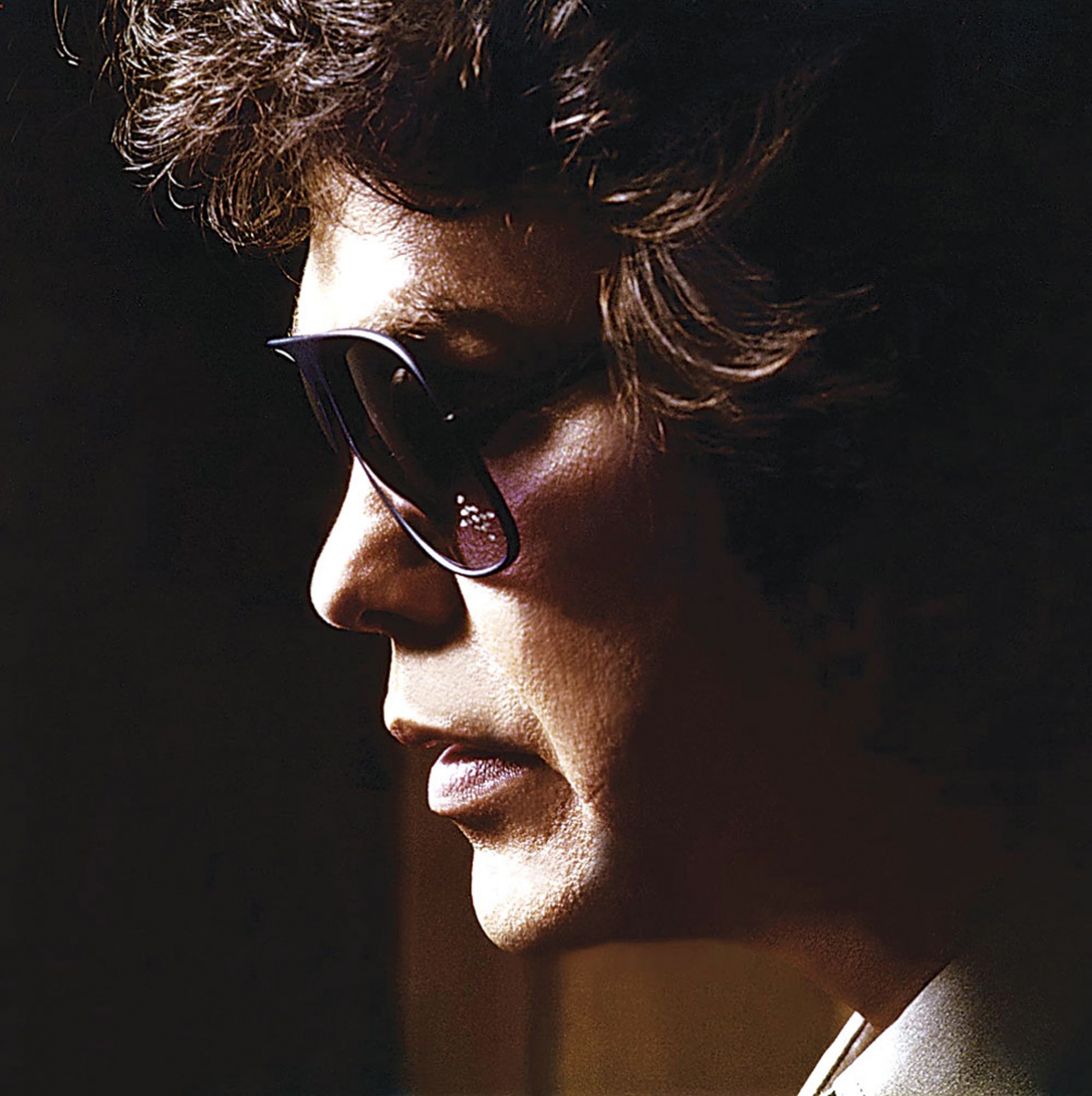Ronnie Lee Milsap was born Jan. 16, 1943, in Robbinsville, N.C. A congenital disorder left him almost blind, and he was raised by his grandmother in the Smoky Mountains until the age of five, when he was sent to the Governor Morehead School for the Blind in Raleigh, N.C.
Showing an interest in music early on, at the age of seven his teachers recognized that he had considerable musical talent. He began studying classical music and learned several instruments, eventually mastering the piano.
His youthful passion for rock music led him to form a band with some high school classmates called The Apparitions. Briefly attending Young Harris College on a full scholarship, Milsap left before graduating to pursue a career in music.
In the early 1960s, Milsap played his first professional gigs as a member of J.J. Cale’s band. In 1965, he released “Total Disaster,” his first single as a solo artist, which achieved some local success in the Atlanta area.
In 1965, Milsap signed with New York-based Scepter Records where he scored an R&B Top 5 with the Ashford and Simpson-penned “Never Had It So Good.” While at Scepter, Milsap shared concert stages with James Brown, Stevie Wonder and Ray Charles, who encouraged the young man to apply himself to music.
In 1969 Milsap moved to Memphis to become a session musician. Working with the legendary Chips Moman, he played keyboards on Elvis Presley’s “Kentucky Rain” and can be heard singing background on “Don’t Cry Daddy.” When not doing session work, Milsap and his ensemble served as the house band at the local music hotspot T.J.’s Club.
In 1970, Milsap found success on the pop charts with “Loving You Is a Natural Thing.” He recorded and released his eponymous debut album – produced by Dan Penn -- in 1971.
In 1972, Milsap was performing at the Whiskey A-Go-Go where Charley Pride happened to be in the audience. Impressed with his soulful singing style, Pride encouraged Milsap to focus on Country Music. Moving to Nashville later that year, he began working with Pride’s manager, Jack D. Johnson. A year later, he signed with RCA Records and later that same year released his first Country single, the Top10 “I Hate You.”
In 1974 Milsap scored two No. 1s: “Pure Love” and “Please Don’t Tell Me How the Story Ends,” which won his first Grammy. Another No. 1 followed the next year with “Daydreams About Night Things.”
In 1976, Milsap established himself solidly as one of Country Music’s biggest stars. A string of seven No. 1 hits in a row, including “(I’m a) Stand By My Woman Man,” “What a Difference You’ve Made in My Life,” and “It Was Almost Like a Song,” which was the most successful single of the 1970s. “Song” was the singer’s first crossover hit, peaking No. 7 on the adult contemporary chart; it paved the way for Milsap to be named Billboard’s Artist of the Year (in any genre) in 1976.
This string of hits also kicked off a remarkable run in American pop music. With songs “(There’s) No Getting Over Me,” “I Wouldn’t Have Missed It For the World,” “Any Day Now,” “Stranger In My House,” “Lost in the Fifties Tonight,” “She Keeps the Home Fires Burning,” “Snap Your Fingers,” and “Where Do the Nights Go,” Milsap did not leave the Top 10 for 16 years.
Milsap also received myriad awards and accolades during this period. He won four CMA Album of the Year Awards (1975, 1977, 1978, and 1986), three CMA Male Vocalist of the Year trophies (1974, 1976, and 1977), and the coveted CMA Entertainer of the Year Award (1977). In addition he won five Grammys for Best Male Country Vocal performance (1975, 1977, 1982, 1986, and 1987) and one Grammy for Best Country Collaboration with Vocals in 1988 for the Kenny Rogers duet “Make No Mistake, She’s Mine.”
In 1993, Milsap left RCA and signed with Liberty Records and released the album True Believer. In 2000, he released the two-CD set, 40 No. 1 Hits.
In 2004, Milsap recorded Just For a Thrill, a collection of American popular/jazz standards, which was nominated for a Grammy. Returning to Country in 2006 at his original home of RCA Records, he released My Life. It was followed in 2009 with Then Sings My Soul, a two-CD set collection of hymns and gospel songs.
On March 18 of this year, Milsap released Summer #17, his 31st album, which he describes as an homage to the music that inspired him. Hailed by USA Today, The Tennessean and NPR: National Public Radio, the set paid homage to the influences that shaped Milsap’s singular brand of soul-steeped country.
With 40 No. 1 hits and more than 35 million albums sold, Milsap remains one of Country’ Music’s most successful and beloved crossover artists. At 71, he continues to tour the country, playing his music for multiple generations of music lovers.
